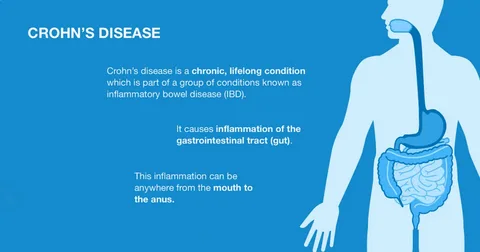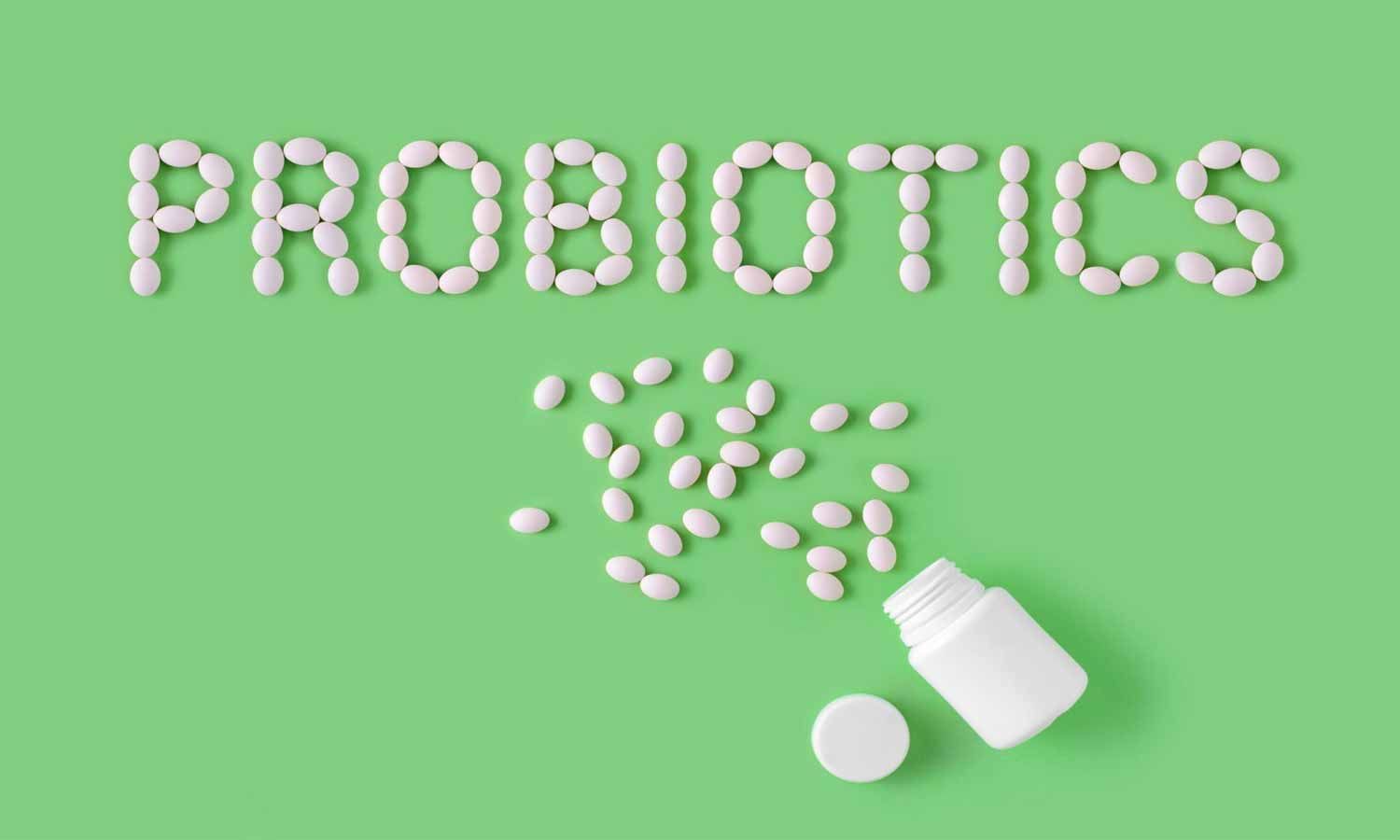Health and Wellness
The Importance of Vitamin E for Reproductive Health
Introduction Vitamin E, a fat-soluble nutrient, is well-known for its powerful antioxidant properties. While it is often associated with skin health and immune function, its role in reproductive health is equally significant but less discussed. This guide delves into the importance of Vitamin E for reproductive health, exploring its benefits, sources, and the science behind […]
The Best Vitamin A Supplements for Immune Health
Vitamin A is a crucial nutrient that plays a vital role in maintaining vision, promoting growth and development, and supporting immune function. Given its importance, it’s no wonder that many people turn to vitamin A supplements to ensure they’re getting enough of this essential vitamin. In this guide, we’ll explore the best vitamin A supplements […]
How to Increase Your Vitamin K Intake with Vegetables
Vitamin K is a vital nutrient that plays a crucial role in blood clotting, bone health, and heart health. While it may not receive as much attention as other vitamins, ensuring adequate intake of vitamin K is essential for overall health. Fortunately, increasing your vitamin K intake can be both delicious and easy, especially when […]
Nutritional Deficiencies and Crohn Disease
Understanding Crohn’s Disease and Nutritional Deficiencies Crohn’s disease is characterized by chronic inflammation of the gastrointestinal tract, which can affect any part from the mouth to the anus. The inflammation disrupts the normal functioning of the digestive system, leading to symptoms such as abdominal pain, diarrhea, fatigue, and weight loss. One consequence of this inflammation […]
Ease Your Sugar Cravings with DIY Bitters
Understanding Sugar Cravings Sugar cravings are often driven by a combination of physiological, psychological, and environmental factors. Some common reasons for sugar cravings include: Blood Sugar Imbalance Fluctuations in blood sugar levels can trigger cravings for sugary foods and beverages as the body seeks quick energy sources. Emotional Eating Stress, anxiety, boredom, and other emotional […]
How Your Diet Affects Migraines: Foods to Avoid, Foods to Eat
Understanding the Connection Between Diet and Migraines Dietary factors such as food triggers, dehydration, and nutrient deficiencies can influence migraine frequency, severity, and duration. Common dietary triggers for migraines include: Food Additives Certain additives such as monosodium glutamate (MSG), nitrates, and artificial sweeteners may trigger migraines in susceptible individuals. Tyramine Foods high in tyramine, such […]
How Probiotics Can Be Good for Your Brain
Understanding the Gut-Brain Connection The gut-brain axis is a complex communication network linking the gut microbiota, the central nervous system (CNS), and the enteric nervous system (ENS). This bidirectional communication system allows signals to travel between the gut and the brain, influencing various physiological processes, including mood, cognition, and behavior. The gut microbiota, comprised of […]







